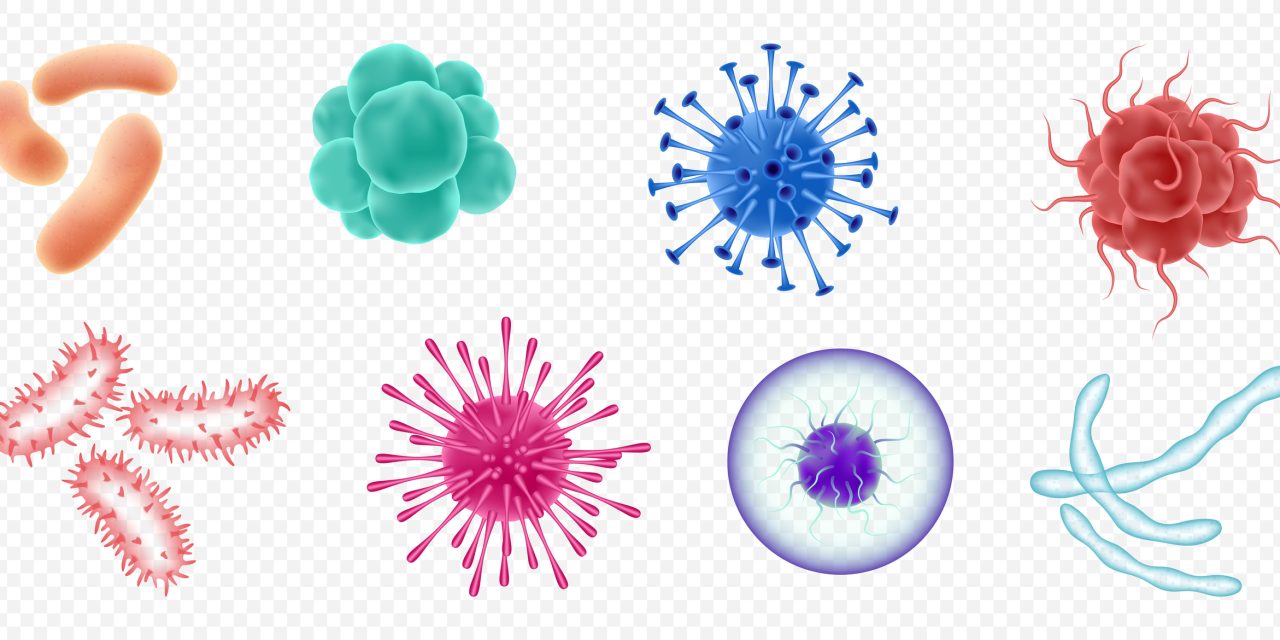The human respiratory syncytial virus (RSV) small hydrophobic (SH) glycoprotein is a transmembrane protein that is poorly accessible by antibodies on the virion but has an ectodomain (SHe) that is accessible and expressed on infected cells. The SHe from RSV strain A has been formulated in DPX, a novel delivery platform containing an adjuvant, and is being studied as a possible RSV vaccine. Phase I clinical trial data revealed clearly that vaccination led to robust antibody responses, but it was unknown how the immune response to spontaneous RSV infections would be correlated. Therefore in older persons with a proven RSV infection, researchers began this study in order to explore these immunological responses. They examined immunological reactions from Phase 1 clinical participants to paired acute and convalescent tits from elderly persons with symptomatic laboratories-confirmed RSV infection from vaccine-induced (DPX-RSV(A)).
IFN-β ELISPOT assessed t cell responses. In 8 out of 42 in the acute phase and 16 out of 42 in convalescent serum samples, anti-SHe titers were found. The common isotopes produced by vaccination and infection were IgG1, IgG3 and IgA. The depletion of CD4+ T cells repealed the IFN-β ELISPOT response confirming the participation in immunological vaccination of CD4+ T cells. These data suggest that the humoral response to SHE is generated by older persons with clinically important and vaccinated infections. The induction and the induction of cellular and SHe specific antimicrobials help the continued development of the vaccine DPX-RSV(A).
Reference: https://www.tandfonline.com/doi/full/10.1080/21645515.2020.1756671


